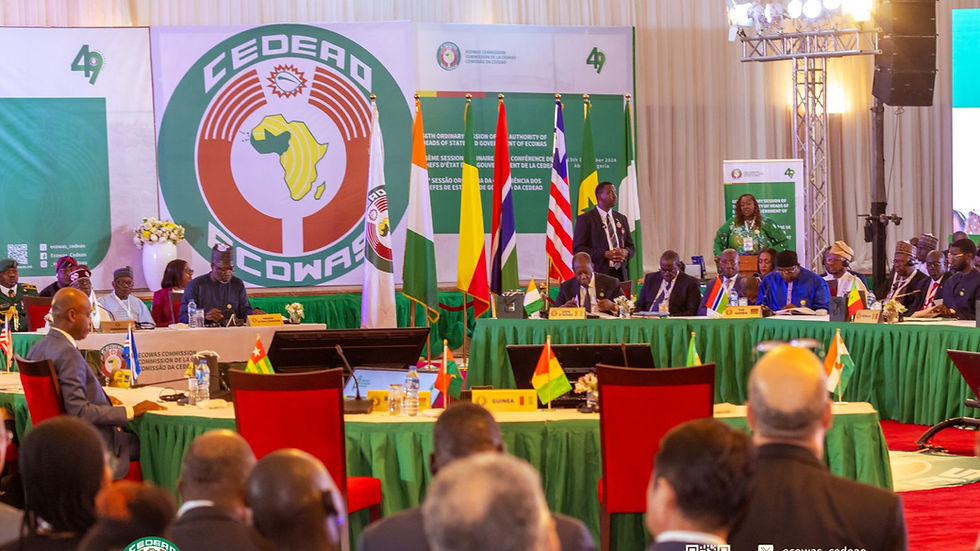Empowering Advocates: Video & Media Advocacy Training in Cape Town
- Micahel Kumordzi Tetteh

- Aug 24, 2023
- 2 min read
The Rights Reporter Foundation (RRF), in collaboration with the International Drug Policy Consortium (IDPC), TB/HIV Care, and the South Africa Network of People who Use Drugs (SANPUD), recently conducted an impactful training centred on video and media advocacy for harm reduction and drug policy advocates across East, Southern, and West Africa.
Held in Cape Town, South Africa, from August 9th to 13th, 2023, the training preceded Africa Drug Policy Week, setting the stage for a dynamic exchange of ideas and strategies. Participants benefited from the training and put their newfound expertise to use by crafting compelling video reports of the event during Drug Policy Week. Upon returning to their respective regions, the attendees are tasked with the responsibility of refining the footage captured during the week's events while simultaneously harnessing the power of video for ongoing advocacy efforts.
Guiding the participants through this transformative experience were two accomplished facilitators: István Gábor Takács, a human rights activist and accomplished videographer, and Péter Sárosi, the visionary behind the Drugreporter website, renowned human rights activist, and expert in drug policy. Over five intensive days, these facilitators led an immersive and comprehensive session that enabled participants to learn and apply their skills in practical scenarios throughout the week.
The training was thoughtfully structured into two distinct sections. The initial four-day segment delved into essential aspects such as theoretical frameworks, proficient camera handling, adept interview techniques, nuanced editing procedures, and the art of effectively distributing video content for advocacy purposes. To imbue the learning experience with real-world insights, participants were granted the unique opportunity to visit harm reduction centres and dropping points within the city of Cape Town, enabling them to capture authentic and poignant footage.
The finale of this segment was an intensive day-long media training session. This section of the training equipped participants with invaluable skills in effectively interfacing with traditional media platforms – both print and broadcast. Participants were trained in crafting resonant messages, decoding media inclinations, drafting impactful press releases, orchestrating impactful press conferences, and even mastering the art of engaging in televised interviews.
Central to the training was the view that successful advocacy is an orchestrated endeavour characterised by careful planning and methodical execution. The training drew to a close with a practical media interview simulation aimed at reinforcing the best practices and techniques required to effectively engage with the media and produce videos that can captivate and galvanise audiences towards advocacy.
In a laudable move to promote cross-disciplinary learning and collaboration, the organisers extended invitations to experts specialising in video production and content creation and law enforcement personnel. The presence of the latter brought a unique perspective, allowing them to bear witness to the training and contribute their insights and experiences towards shaping targeted advocacy campaigns. This inclusive approach considered the broader context of law enforcement activities concerning drug policy reform.
The five-day training served as an instrumental platform for equipping participants with the technical skills to harness video editing software like Adobe Premiere Pro CC, enabling them to craft impactful advocacy videos and engage with the media. With adept guidance from the experienced facilitators, participants were encouraged to channel their newfound skills towards dispelling misconceptions and confronting the multifaceted challenges associated with drug policy and harm reduction.
Pictures of participants from the Video & Media Advocacy Training in Cape Town, South Africa
















Comments